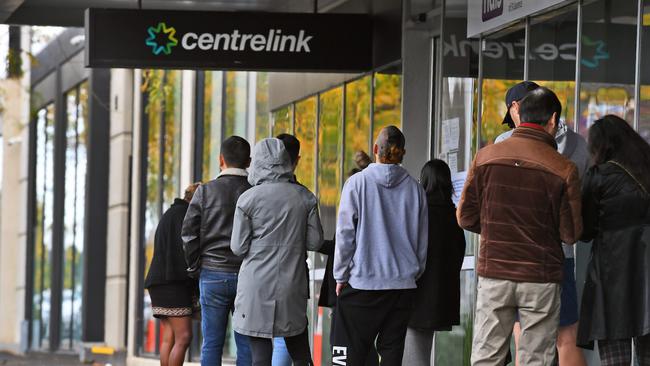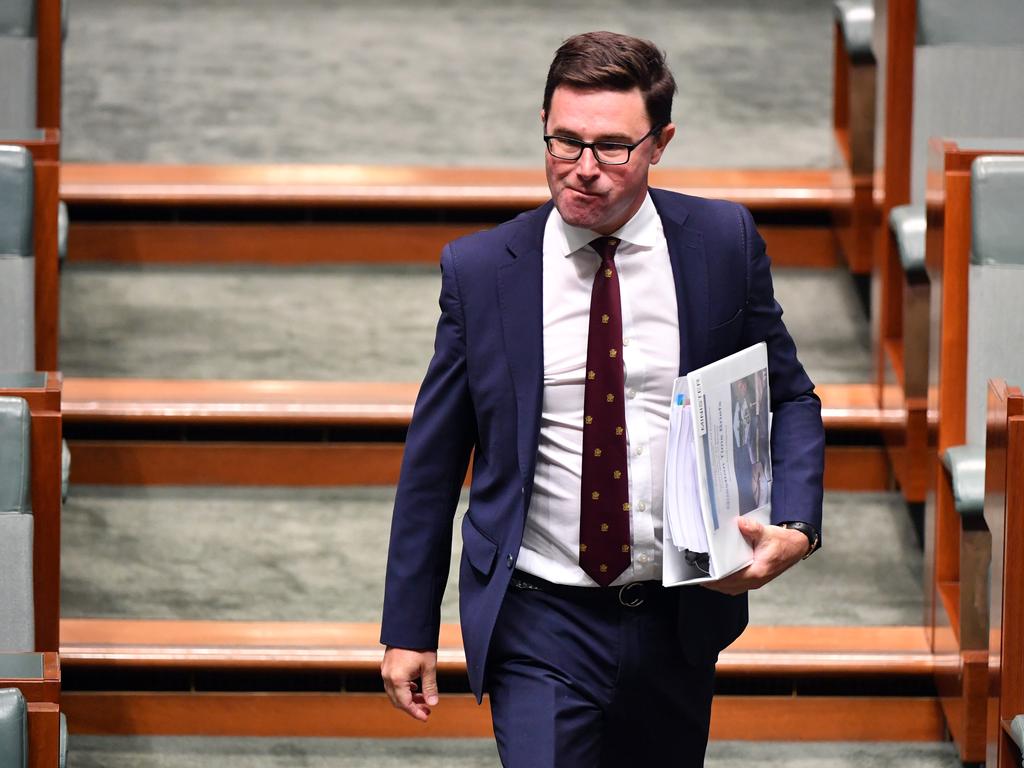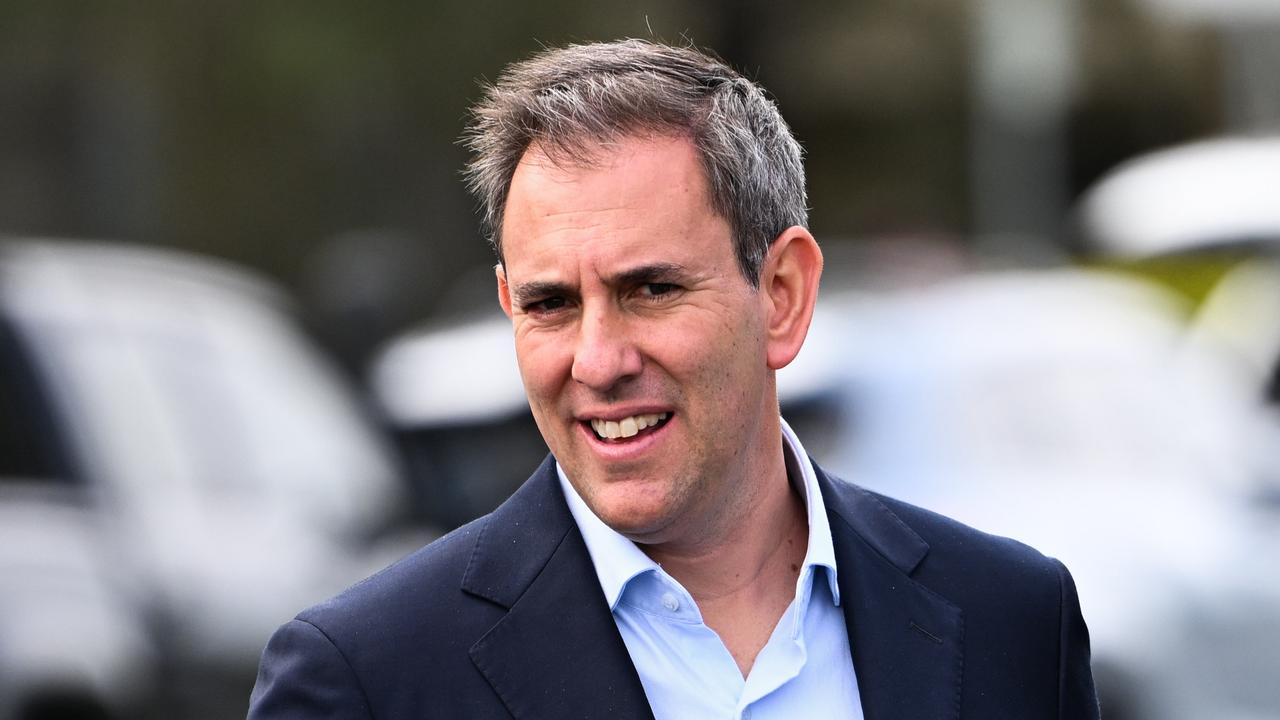Business calls for action over climate change

Across every sector, the story of an economy in the deepest recession in 100 years was evident.
Seeing these reports by company chairs and their CEOs, you quickly got the picture of why more than a million Australians are now unemployed and why our economic recovery is so fragile.
But this reporting season, another message is also coming through — business is calling for action on climate change.
It’s a call that is not abstract because this reporting season, we are seeing and hearing of the changes companies are making in trying to meet the challenge of climate change.
And no wonder. Our analysis in “A new choice: Australia’s climate for growth” shows Australia’s farmers, builders, manufacturers, miners and tourism-related businesses are in the front line of the risks of climate change. Without any significant action being taken to address climate change, in just 50 years, Australia will be $3.4 trillion worse off (-6 per cent GDP), with 880,000 fewer jobs. A COVID-19 every year.
The risks are real and the consequences potentially catastrophic — for business that is, let alone the planet.
And not because business sees this as a great moral challenge, or a big environmental challenge, or some altruistic, noble cause, but because business is waking up to the commercial and economic risks and beginning to understand the calculus of acting versus not acting.
Investor risk is growing. Increasingly, investors are calling out the carbon footprint of companies and demanding explanations from boards and management at annual general meetings.
Shareholder activism is exposing the lack of action and boards and management have been left floundering, unable to answer questions and facing the difficulties of shareholder motions.
Consumers are becoming vocal, demanding to know the carbon footprint of a company and its product, and that of the supply chain as well. The question of social licence has now entered the lexicon of corporate strategy.
Regulators around the world are now stirring and making clear their intentions to force companies to become transparent on their emissions, allowing investors, consumers, suppliers and governments to cast judgement and modify their decisions accordingly.
In just the past five weeks, we have witnessed the world starting to act: China, the Republic of Korea and Japan have all announced net zero targets.
Already in Europe, a border tax adjustment proposal is before the parliament — to tax emissions-intensive imports from countries like ours.
We know that a big group of central banks around the world (including our Reserve Bank) and bank regulators have turned their attention to how the finance sector manages this issue of climate change.
In Australia, the RBA, APRA and ASIC have all signalled new regulatory actions focused on climate risk.
For business, this is a question of both risk and opportunity.
For business, it is a matter of transforming their system of production to decarbonise and create new goods and services which will cater for a new demand, thus generating revenues and profits.
For business, technology solutions will be a big saviour.
Governments around the world have been lagging. But the drivers for policy action are changing.
In Australia, just six years after the mining tax was defeated, the Minerals Council of Australia now backs action on climate change, along with the Business Council of Australia, the National Farmers’ Federation, and the Australian Industry Group, to name a few.
It’s because business sees the risks and the best of them see great opportunities.
As reporting season continues, watch for the big names to reveal their positions on climate change: what activities they will exit; what high-emitting sectors they will reduce their exposures to, what portfolio reallocations will take place in line with climate change.
All these reflect a commercial reality which is already fast upon us.
For the smart businesses, the risks are clear and they need to beat the inevitable rush for the door on action. And the corollary is true: for the smart businesses, they want to get ahead of the curve and create new commercial opportunities.
In these actions, business will make a reality the sorts of pathways referred to in the Australian government’s low-emissions technology roadmap. But much more policy action will be demanded of all governments in Australia — by business and the changing global landscape.
For governments, it will be a question of transition at least cost — of the economy, of workers and their skills, of business, and of communities.
So, watch this space, for a change is upon us.
Dr Pradeep Philip is a partner and head of Deloitte Access Economics. John O’Brien is a partner in energy transition at Deloitte.







Reporting season this year made for sombre reading — full of reports and analysis of the impact of COVID-19 on the bottom line.